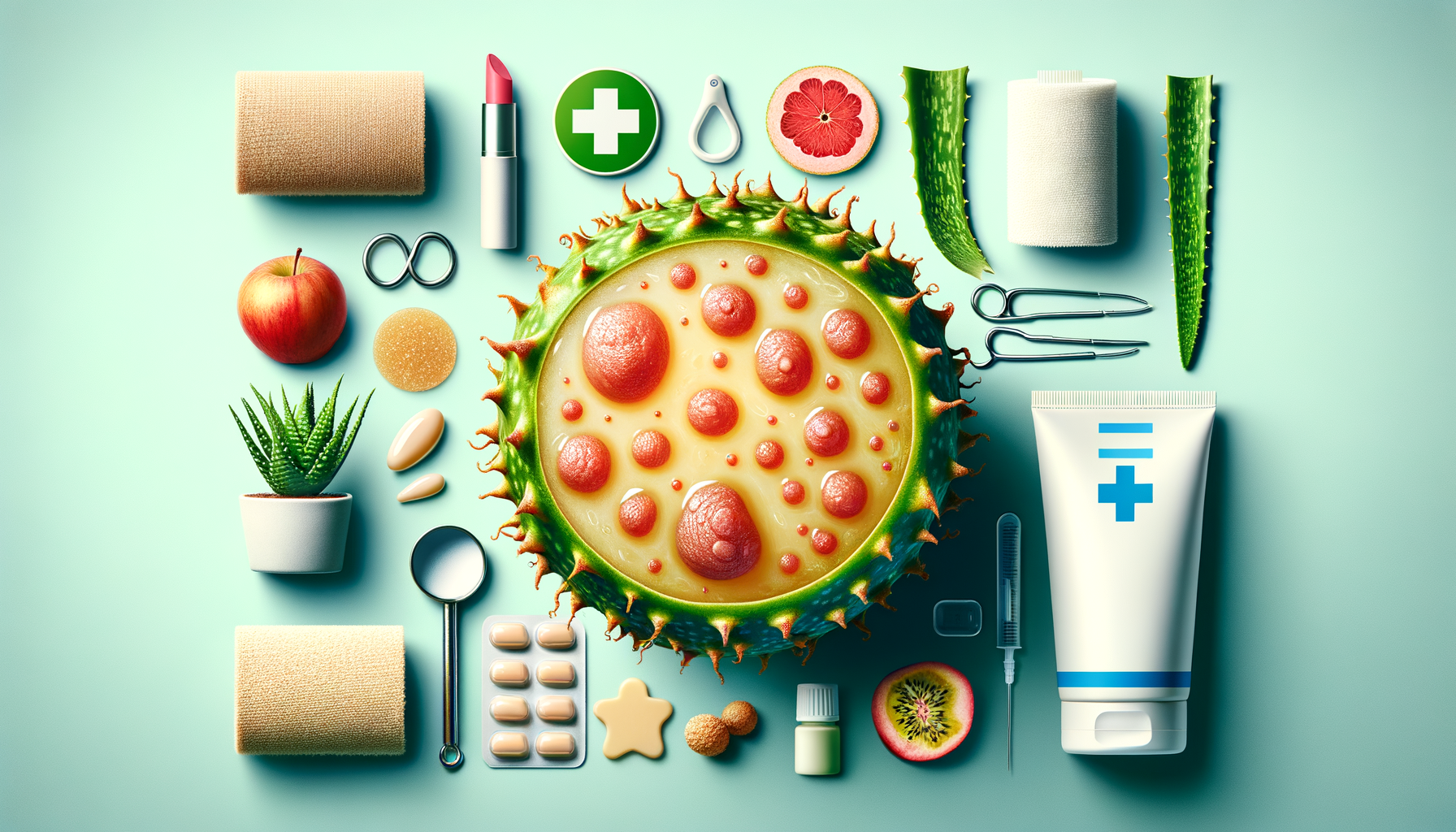Introduction to Genital Psoriasis
Genital psoriasis is a challenging condition that affects a sensitive area of the body, often causing discomfort and emotional distress. This type of psoriasis manifests as red, inflamed patches on the skin around the genital region, sometimes accompanied by itching and pain. Understanding the treatment options and home remedies available can significantly improve the quality of life for those affected.
While genital psoriasis is similar to other forms of psoriasis in terms of its autoimmune nature, the delicate location requires special consideration in treatment. A multifaceted approach combining medical treatments and home remedies can be highly effective in managing symptoms and preventing flare-ups.
Medical Treatments for Genital Psoriasis
Treating genital psoriasis medically involves a careful selection of therapies to minimize irritation while effectively controlling symptoms. Topical treatments are often the first line of defense. These include:
- Corticosteroids: These are commonly prescribed to reduce inflammation and itching. However, due to the sensitivity of the genital area, low-potency corticosteroids are preferred to avoid skin thinning.
- Calcineurin Inhibitors: Medications like tacrolimus and pimecrolimus are non-steroidal options that help reduce inflammation without the risk of thinning the skin.
- Vitamin D Analogues: These may be used to slow down skin cell growth, although their application in the genital area should be monitored by a healthcare provider.
In more severe cases, systemic treatments such as biologics or oral medications might be considered. These treatments work by targeting the immune system to reduce the frequency and severity of outbreaks.
Understanding the Role of Lifestyle and Diet
While medications play a crucial role, lifestyle and dietary choices can significantly impact the management of genital psoriasis. A balanced diet rich in anti-inflammatory foods can help reduce flare-ups. Consider incorporating:
- Omega-3 Fatty Acids: Found in fatty fish, flaxseeds, and walnuts, these can help reduce inflammation.
- Antioxidants: Fruits and vegetables high in antioxidants can help protect skin cells from damage.
- Avoiding Triggers: Foods that may trigger psoriasis flare-ups, such as alcohol and processed foods, should be limited.
Regular exercise and stress management techniques, such as yoga or meditation, can also help in reducing the frequency of outbreaks by promoting overall well-being.
Home Remedies for Managing Symptoms
Several home remedies can complement medical treatments by soothing symptoms and reducing irritation. Some effective home remedies include:
- Aloe Vera Gel: Known for its soothing properties, aloe vera can help reduce redness and irritation.
- Oatmeal Baths: Adding colloidal oatmeal to a lukewarm bath can help soothe itchy, inflamed skin.
- Coconut Oil: This natural moisturizer can help keep the skin hydrated and reduce dryness and itching.
It’s important to note that while these remedies can provide relief, they should not replace medical treatments prescribed by a healthcare provider.
Conclusion: Managing Genital Psoriasis Effectively
Genital psoriasis requires a comprehensive approach that includes both medical treatments and home remedies. By understanding the condition and implementing a personalized management plan, individuals can significantly reduce symptoms and improve their quality of life. Regular consultation with healthcare professionals ensures that treatments are effective and tailored to individual needs.
Ultimately, a proactive approach that combines the right treatments, lifestyle adjustments, and home remedies can empower those affected by genital psoriasis to lead a more comfortable and confident life.




Leave a Reply